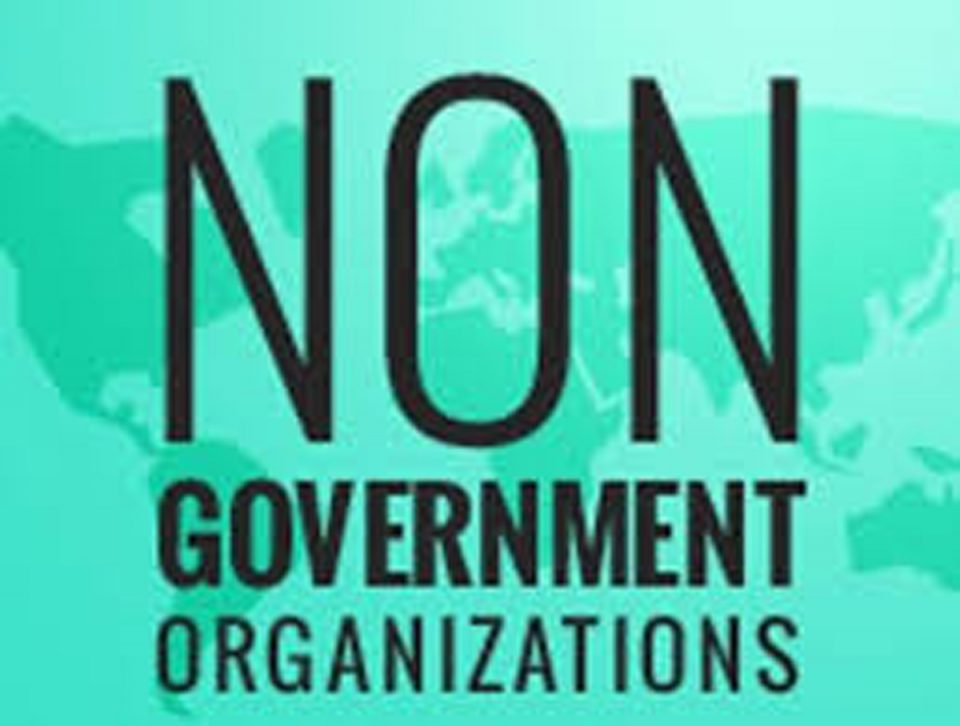The Nigeria Network of Non-Governmental Organisations has lauded the non-inclusion of non-profits as designated non-financial institutions in the money laundering and terrorism prevention laws.
The PUNCH reported last week that the President, Major General Muhammadu Buhari (retd.), had signed the anti-money laundering, counter-terrorism, and crime proceeds bills into law.
In a publication on Wednesday, the body noted that both the Money Laundering (Prevention and Prohibition) ACT, 2022, and Terrorism (Prevention and Prohibition) ACT, 2022 had removed nonprofits from its definition of designated non-financial institutions, following years of advocacy.
It noted that this represented an important win for the non-profit sector and a bold step in creating an enabling environment for the operations of civil society organisations in Nigeria.
The NNNGO Executive Director, Oyebisi Oluseyi, after reviewing the laws, said on Wednesday, “I would like to express my excitement and congratulate the National Assembly and Federal Government for creating an enabling environment for civil society to thrive by removing non-profits from the DNFI list. The inclusion of our sector on the list has hindered the operations of many organisations.
“With this non-inclusion, a regulatory burden is taken off organisations in the areas of monthly cash transaction reports and SCUML examination visits. The atmosphere for our work from the moment these laws were signed by the President remains positive”
Oyebisi noted that “there have been some difficult moments in this lengthy advocacy which has seen the Network engaging with regulators, evaluators and the National Assembly from the 8th and 9th Assemblies in line with the Financial Action Task Force’s recommendations and its interpretative notes. The work also done by our friends at Spaces for Change, and our regulators at the Special Control Unit on Money Laundering in getting to this point is commendable.”
“I believe this win, driven largely by outcomes of the mutual evaluation for Nigeria demonstrates the country’s ability to focus on its state-building priorities and is an opportunity to improve civic space,” the director said.
Oyebisi concluded that “Now its time for other African countries especially countries using the FATF Recommendations to shrink civic space to learn from Nigeria and to work on critical national priorities that still face civil society’’ he added. “There’s much work to be done and we look forward to being the Special Control Unit on Money Laundering’s (SCUML) partners in addressing the vulnerabilities of the sector to money laundering and terrorism financing.”



